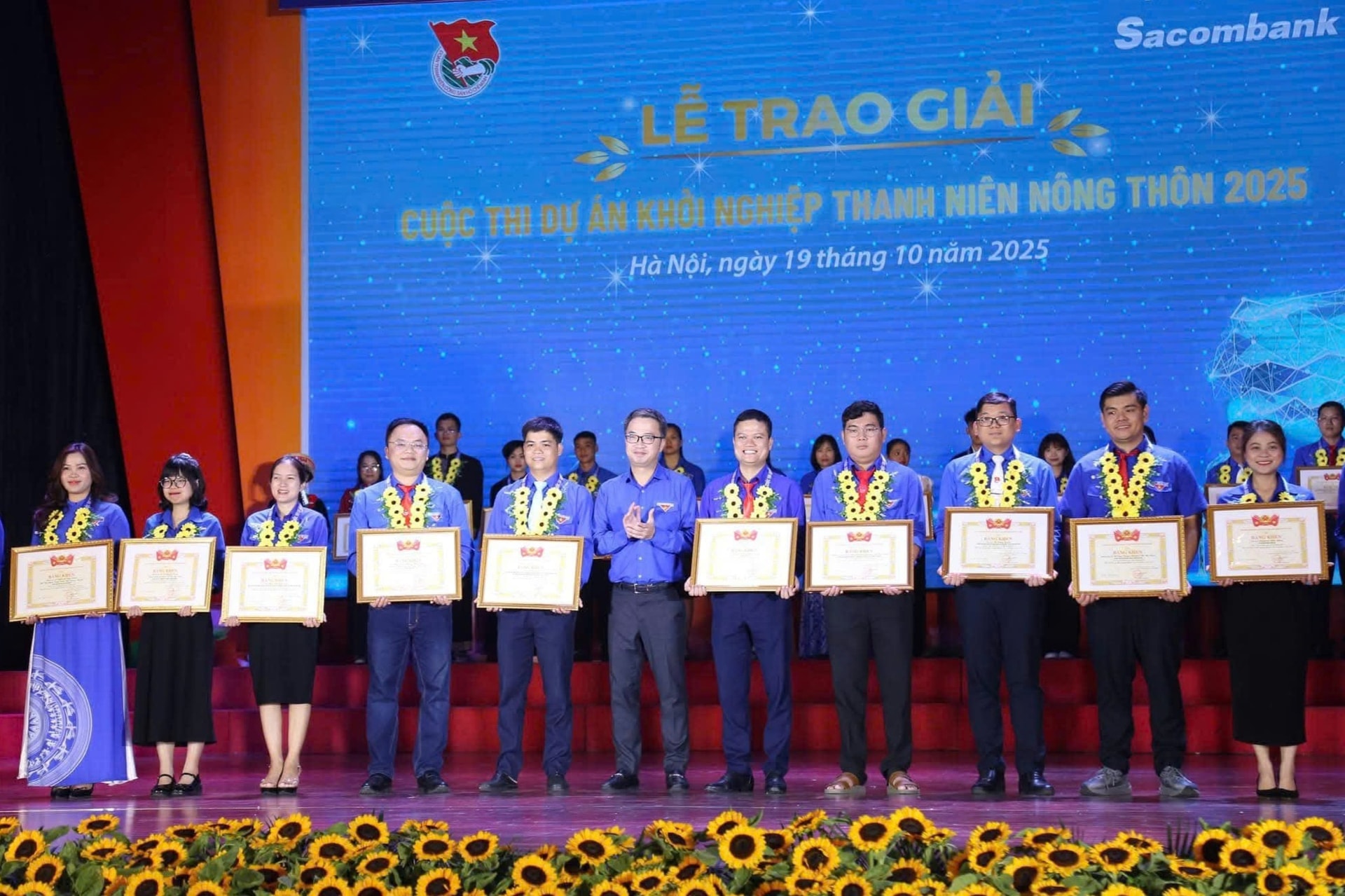
From a humanistic perspective
The project was carried out by To Quynh Trang, Dang Hoang Phuc, and Le Thi My Linh – third-year students majoring in Plant Biotechnology. After four months of hard work in the laboratory, the group produced a prototype product that helps consumers detect pesticide residues remaining in food.
In the story of how the idea originated, To Quynh Trang shared that, after watching news reports about food poisoning incidents, the group felt deeply saddened by the many cases caused by consuming food containing pesticide residues, with children and women being the most severely affected. This feeling of unease motivated them to find a way to do something useful for the community.
The three members of the group were classmates who shared a passion for research and a desire to apply science to everyday life. They decided to form a small group, learning and experimenting simultaneously, with the hope of creating a product that would help people quickly and easily detect food contaminated with pesticides. "Vietnamese people grow and eat Vietnamese food, so if contaminated food isn't controlled, we're the ones who suffer," Trang said.
After researching, the team found that most pesticide residue testing devices on the market require sending samples to a laboratory, which is time-consuming and costly. From this reality, the idea for a simple, inexpensive, and convenient rapid testing kit was conceived, allowing anyone to test food at home. The project focuses on integrating knowledge of biotechnology, analytical chemistry, and sensors to create a rapid testing product that provides results in just 10-30 minutes. The operating principle is based on a biochemical reaction that changes color, allowing users to easily identify pesticide residues with the naked eye without the need for specialized equipment.
Highly applicable
The kit's highlight is its ability to detect many common pesticide groups on vegetables, fruits, rice, and fresh food. Beyond serving consumers, the product can also be used in supermarkets, wholesale markets, production facilities, or food quality control agencies. The team also focuses on cost-effectiveness to ensure mass production and accessibility to a wider range of users. Currently, the team is optimizing the reaction components, adjusting sensitivity, and testing on various food samples to improve stability and accuracy.
Ms. Tran Thi Bao Tram, a lecturer in Biotechnology at Yersin University in Da Lat and advisor to the group, shared: "The test kit for identifying pesticides in food is a highly practical research direction that meets the current practical needs for food safety. The students have demonstrated a serious and creative research spirit and the ability to apply their specialized knowledge effectively to practice. The product has initially proven its feasibility, potential for development, and the possibility of further advancements in rapid testing of pesticide residues."
Based on positive feedback during the research process, the "Kit test - Identifying pesticides in food" project quickly demonstrated its vitality in the startup arena. In 2025, the team excellently won second prize at the 8th Lam Dong Province Youth Innovation Startup Competition and made it into the Top 30 outstanding projects nationwide, advancing to the Final Round of the 2025 Rural Youth Startup Project Competition.
These results are not only a reward for their diligent research efforts, but also open up opportunities for the team to further refine the product, seek partners, and aim for large-scale pilot production. “We hope the kit will be put into practical use, helping people be more proactive in choosing clean food. That’s how we students can contribute a small part to building a healthier society,” Quynh Trang expressed.
Source: https://baolamdong.vn/sinh-vien-sang-tao-kit-test-nhan-biet-thuoc-bvtv-trong-thuc-pham-397432.html







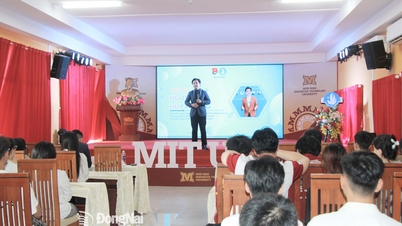

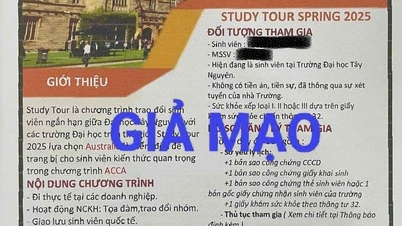

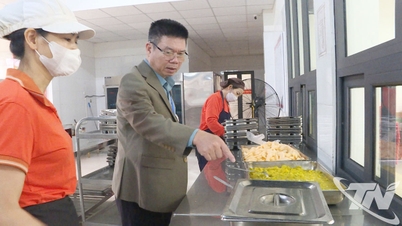

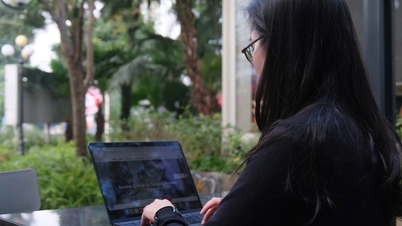



















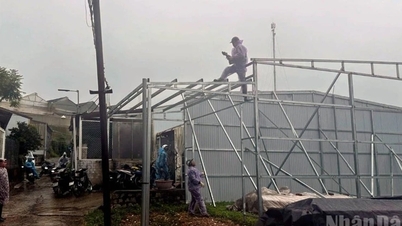





![[Photo] Prime Minister Pham Minh Chinh holds a phone call with the CEO of Russia's Rosatom Corporation.](/_next/image?url=https%3A%2F%2Fvphoto.vietnam.vn%2Fthumb%2F1200x675%2Fvietnam%2Fresource%2FIMAGE%2F2025%2F12%2F11%2F1765464552365_dsc-5295-jpg.webp&w=3840&q=75)









































































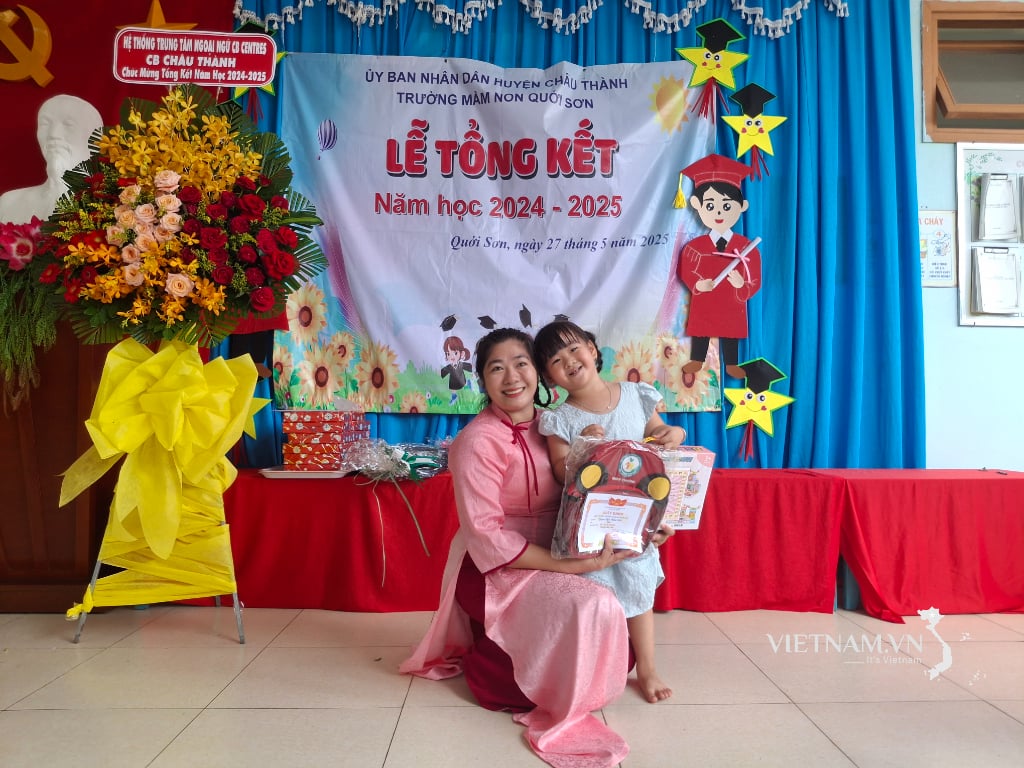
Comment (0)